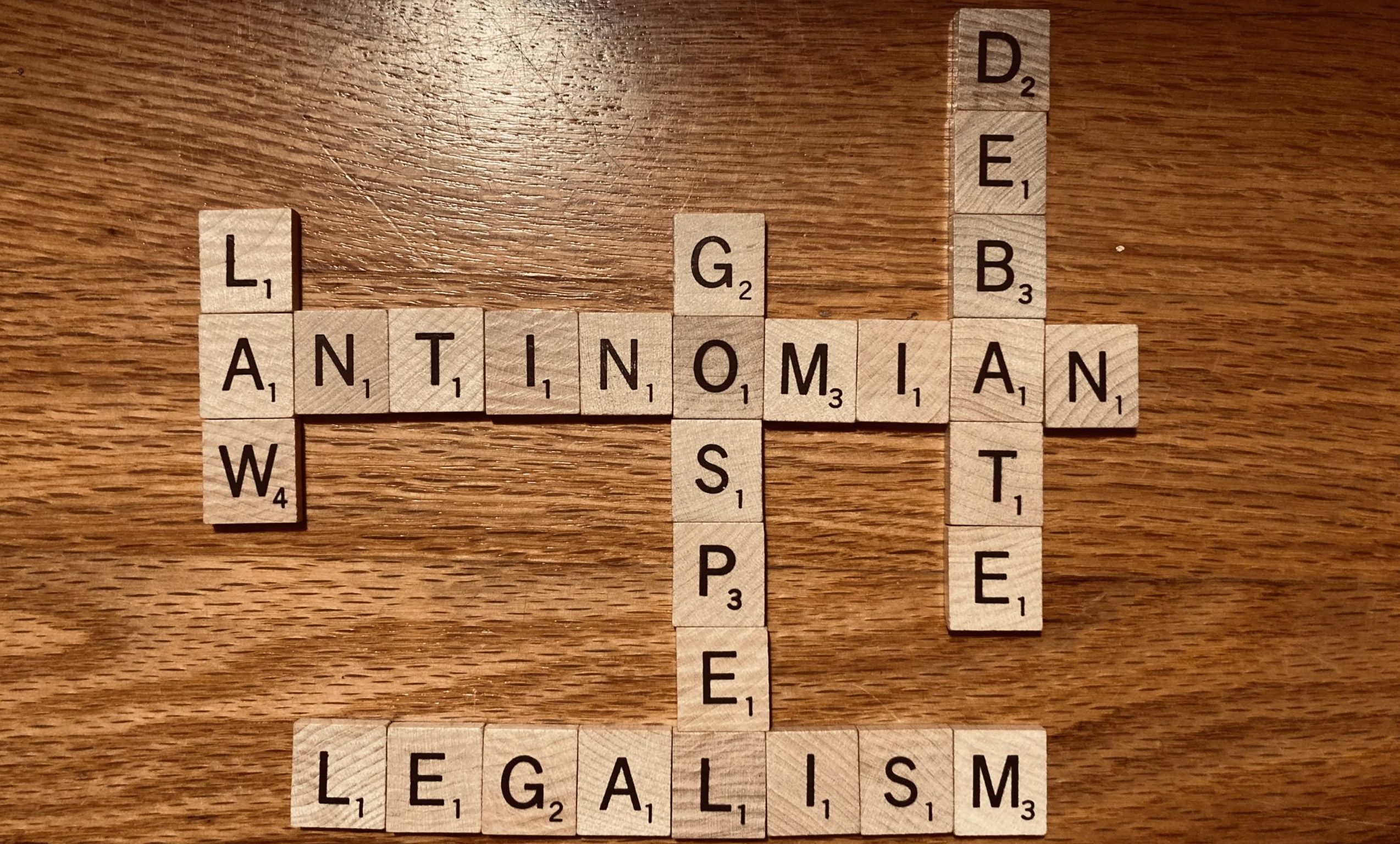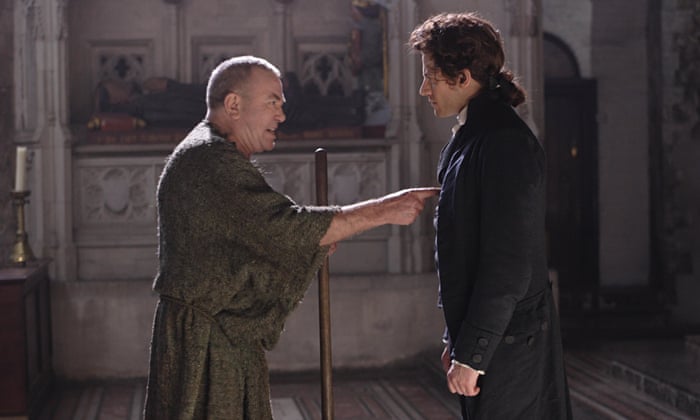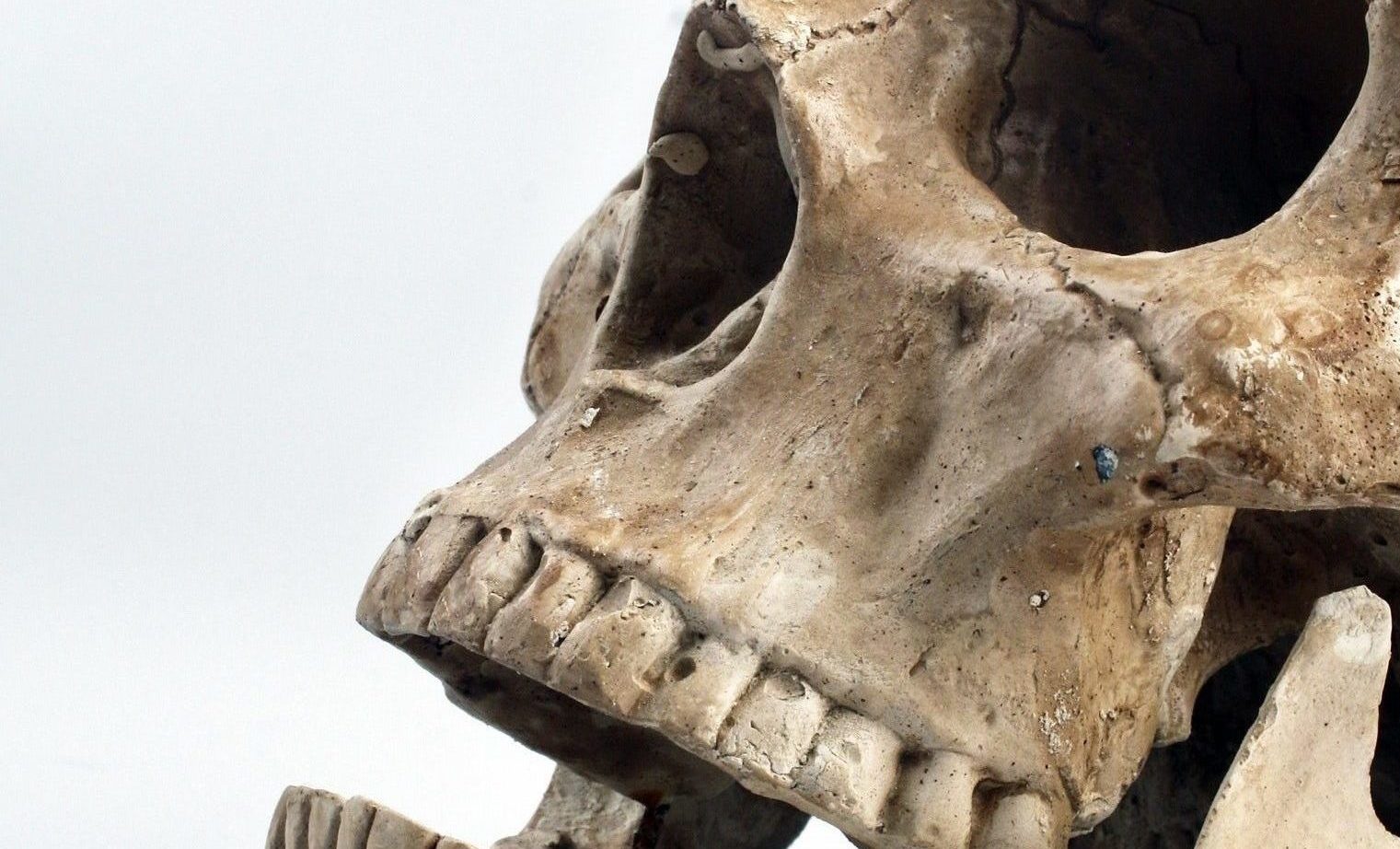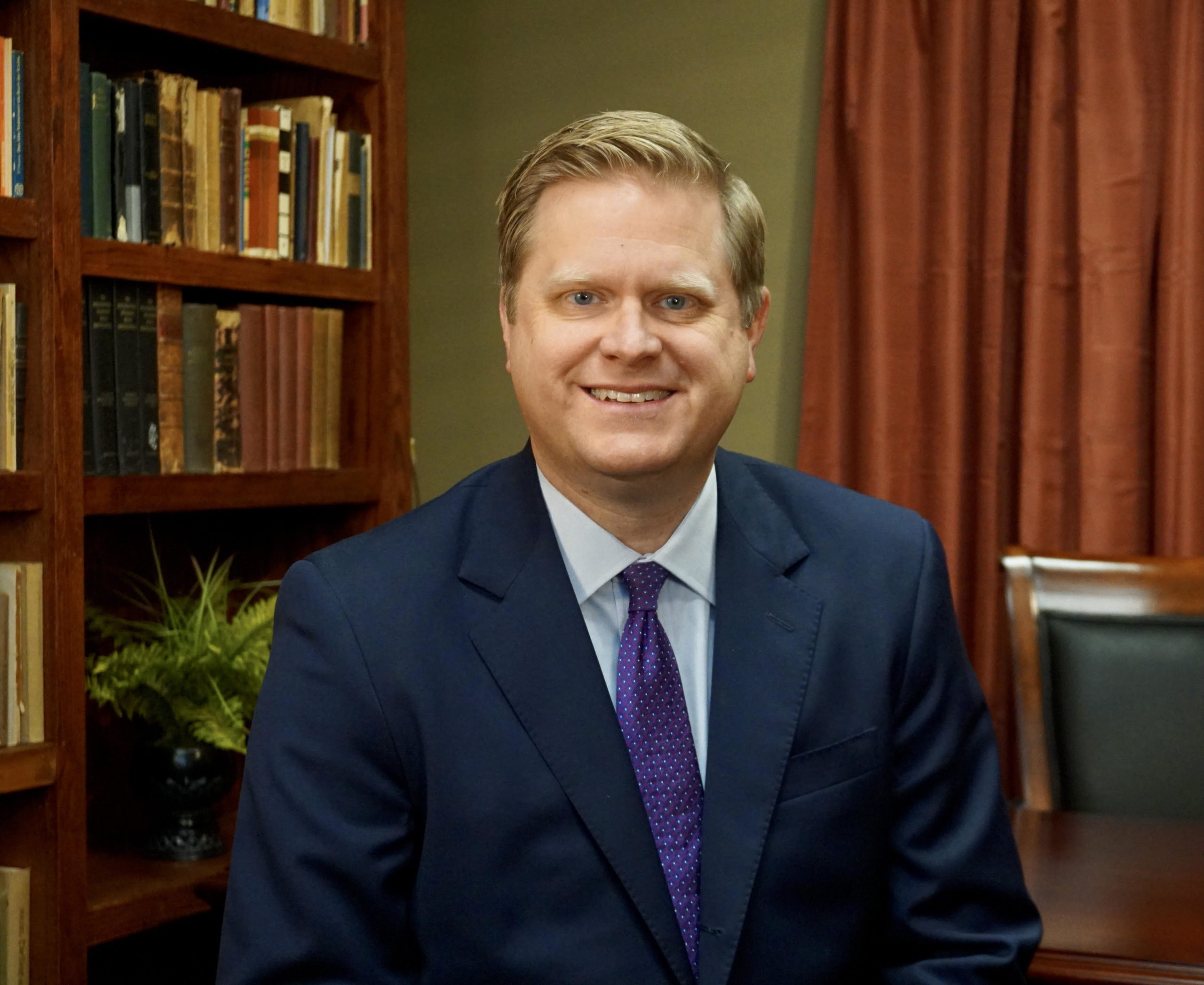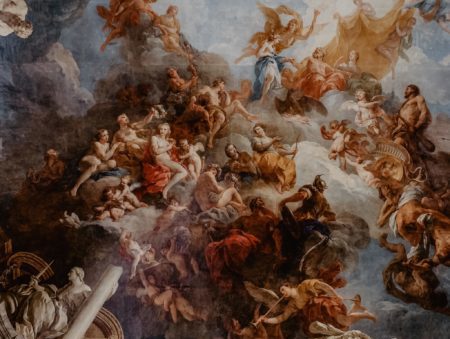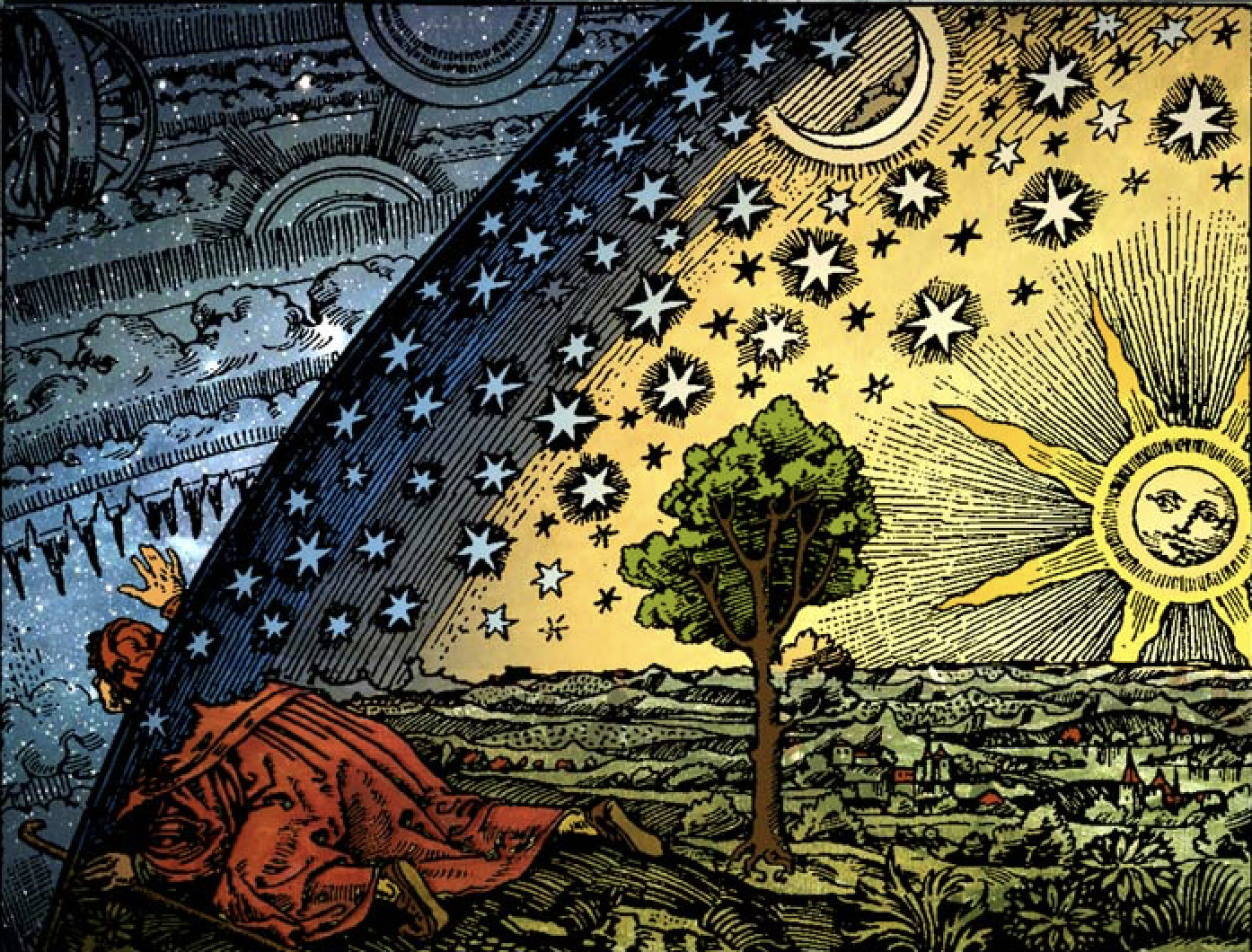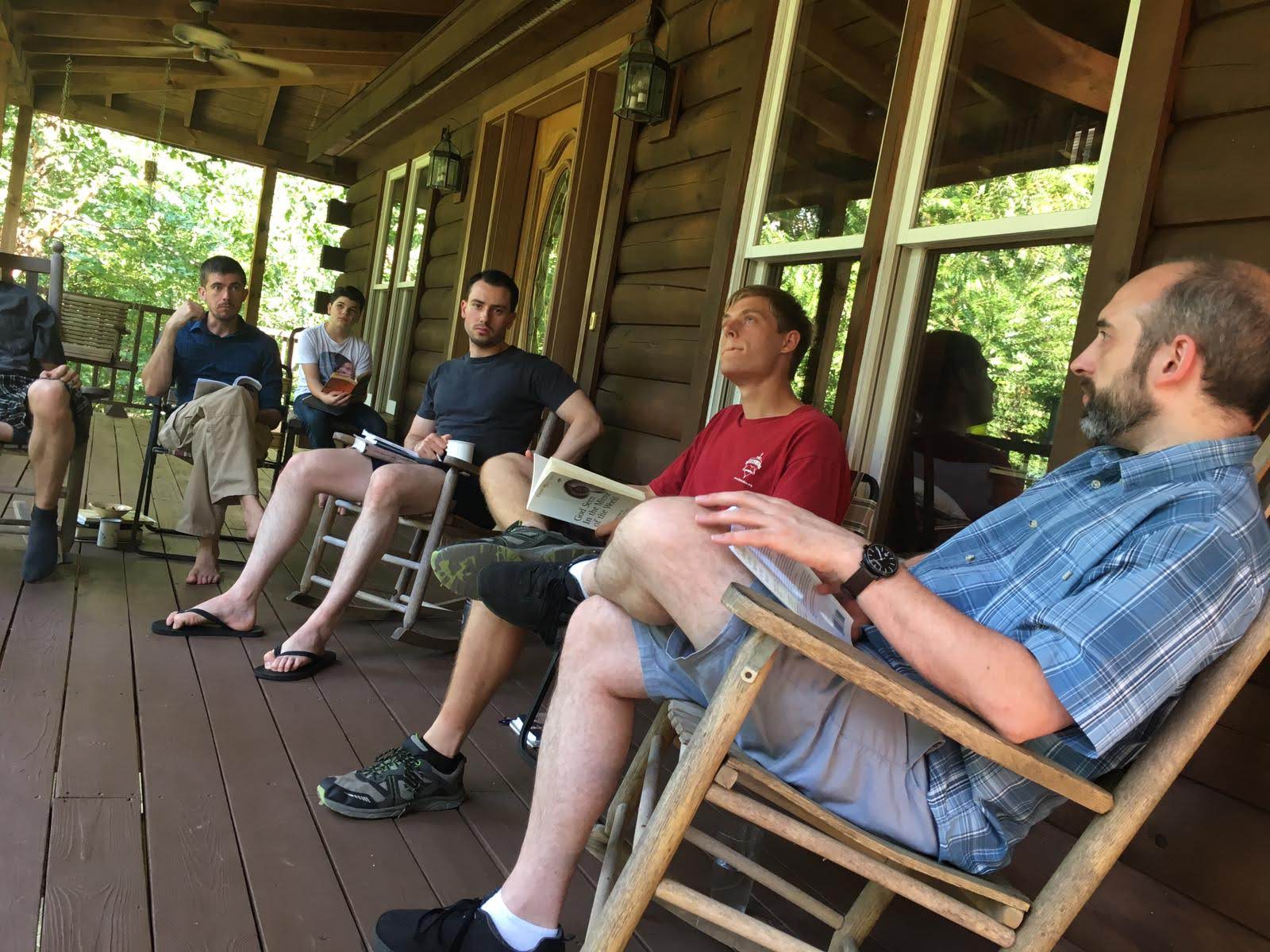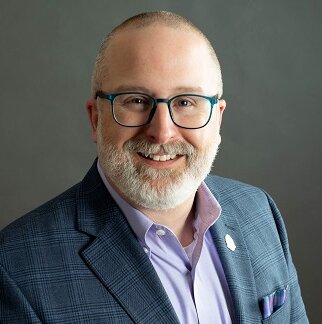In the 500+ years since Martin Luther nailed his 95 theses to the church door in Wittenberg, few aspects of his subsequent theological reformation remain as contentious and debated as the distinction between law and Gospel. Indeed, to this day the discussion divides not only Roman Catholics from Protestants, but is hotly debated within Protestantism itself; there is an agreement on the importance of the distinction, but a decided lack of consensus about how it should be understood and implemented. Far from a merely academic dispute, how one understands this important theological concept will largely determine his or her reading of scripture, the purpose and nature of the church, and—according to Luther—the Gospel itself. "I lacked nothing before this ” . . . he wrote, “. . . except that I made no distinction between the law and the gospel. I regarded both as the same thing and held that there was no difference between Christ and Moses except the times in which they lived and their degrees of perfection. But when I discovered the proper distinction – namely, that the law is one thing and the gospel is another – I made myself free.”
Come learn about how this debate over how to understand this important distinction is taking place today and the various arguments concerning how this distinction can help combat (or perpetuate!) the errors of legalism, antinomianism, and gnosticism.




